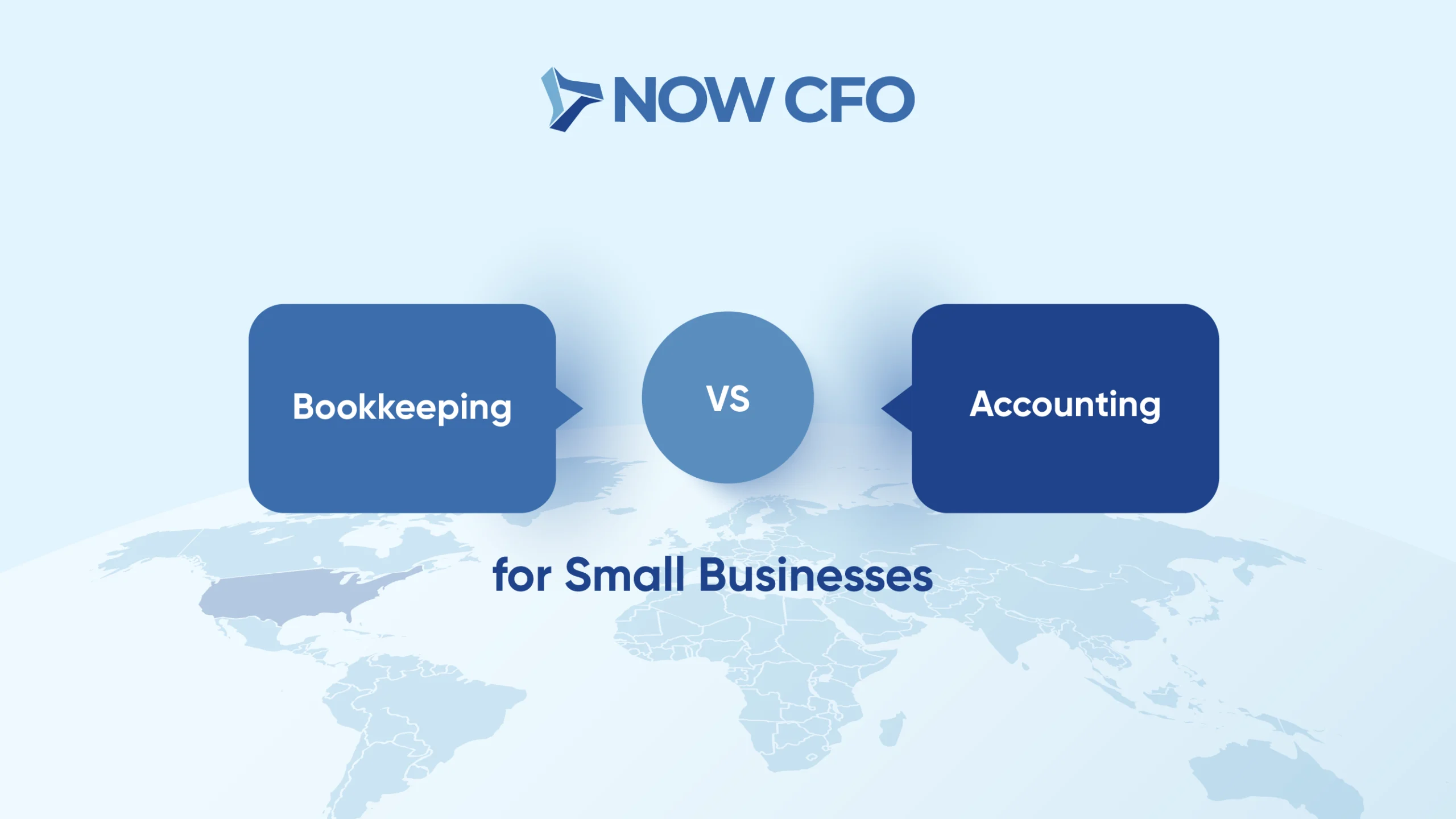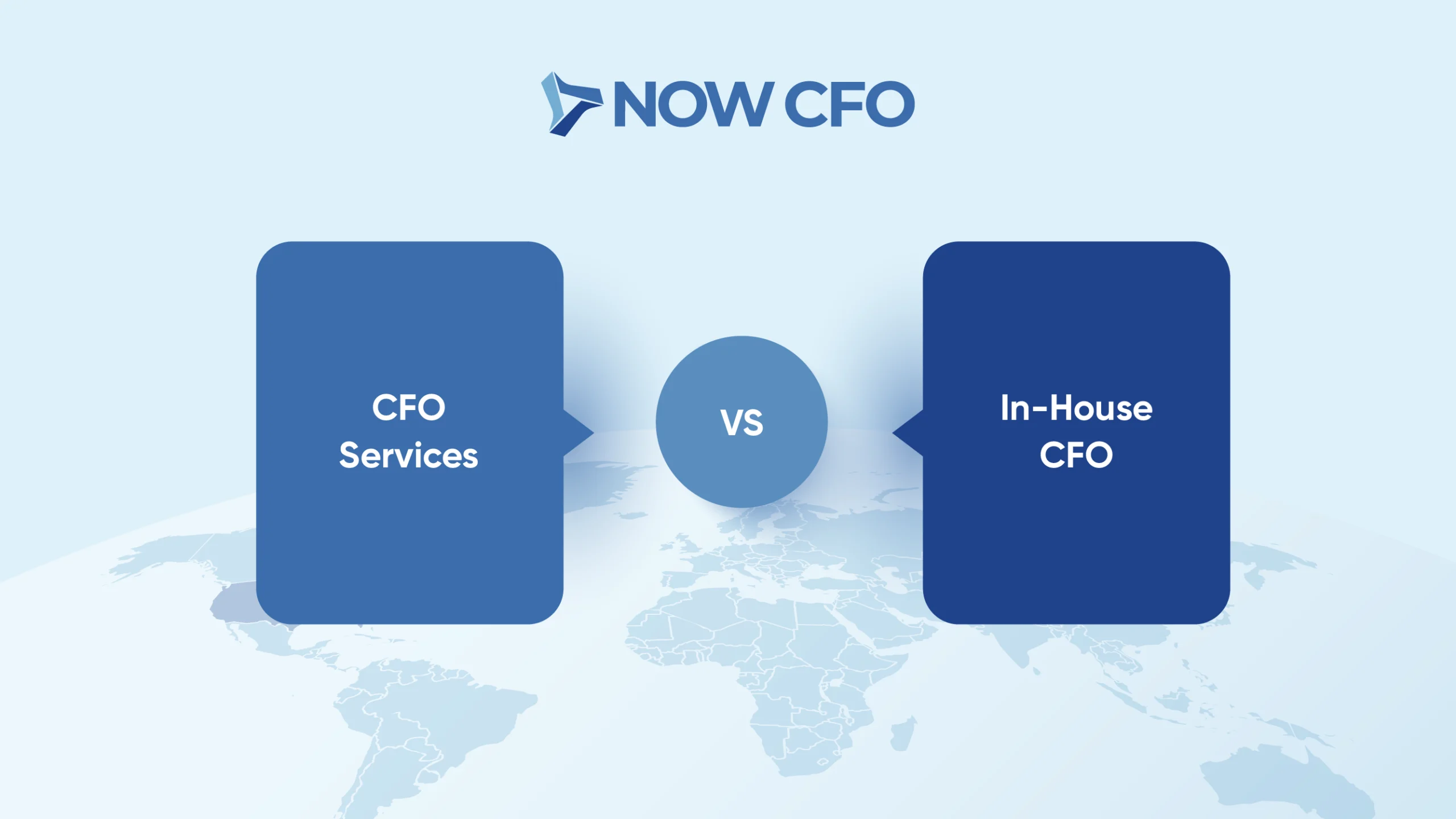
Capital budgeting is a highly powerful financial tool that can help business owners analyze and justify investments, allowing them to assess potential risks and rewards and make more prudent decisions. Capital budgeting is important, as it provides defined metrics and measurability for the project’s value. This is especially crucial for both internal and external stakeholders; entering into a significant investment without thoroughly evaluating potential outcomes would ultimately be irresponsible. Here, we’ll outline some of the capital budgeting methods and guiding questions to help you better evaluate your next capital project.
What is Capital Budgeting?
Capital budgeting is the process of assessing and analyzing investments in large-scale projects or upgrades, such as new machinery, real estate, software, or equipment. It places the focus on how the investment will impact cash flow rather than how it will affect profits, and also creates an objective way to determine how an investment can increase the value of the organization. For example, capital budgeting can be used to determine:
- If a construction company should invest in a second piece of machinery.
- If a retailer should invest in an inventory management system.
- If a vehicle manufacturer should build a new factory to make electric vehicles, or buy an existing company that already makes them.
Each of these examples require the business owner to determine if the spending will bring enough benefits to the company to justify the cost. Often, a business owner will have to prioritize multiple projects that all require funding. Capital budgeting provides a structure to do so.
Capital Budgeting Methods
There are a number of capital budgeting methods that can be used to analyze capital projects. These methods can be used to rank potential investments and ensure that none fall short of the business’ minimum performance thresholds, particularly when multiple projects are being considered.
Payback Period Method
This method calculates how quickly the business can recover its capital investment by comparing the initial cash outflow to the subsequent cash inflows.
Net Present Value Method
The net present value (NPV) of an investment represents the excess of cash inflows past cash outflows. It uses a discount rate to adjust incoming and outgoing streams for the time value of money; the resulting NPV is a monetary value that can be either positive (adding value to the business) or negative (reducing value).
Discounted Payback Period
This method is similar to the payback period method, but takes into consideration the time-value of money, which decreases as time goes on. This means that cash flow values are discounted for future periods, allowing you to analyze them in present-value terms.
Profitability Index
This method uses the NPV of cash inflows and outflows to calculate the cash return per dollar invested in a capital project. Projects that have an index less that 1 are not ideal; those with an index of greater than 1 are prioritized.
There are various other methods that can be employed to evaluate capital projects; the best method for your business depends on its size, industry, and overall goals. If you’re unsure of where to begin, an outsourced accounting consultant can help execute the analysis process for your business, using capital budgeting methods to fully explore the financial implications of any potential decisions.
Questions to Ask Before Making the Jump
The following questions can help you further explore the potential outcomes of an investment, used in conjunction with the capital budgeting methods described above.
Does the investment align with my organization’s strategic goals, both in the short- and long-term?
A seemingly good investment isn’t always the right one for your business. With timing and strategic fit in mind, be sure that the project aligns with the direction that your company is headed over the next several years. Additionally, consider any industry disruptors on the horizon that may dampen the return on the investment in the coming years. For example, investing in large office space when your employees (and the workforce) are becoming increasingly remote may not be the ideal decision.
Is the investment financially solid?
This is where capital budgeting can come into play. The answer to this questions depends heavily on your projections, as well as your estimates for costs and revenues. It’s easy to overestimate the returns of an investment while simultaneously downplaying costs of transition time, implementation, training, and maintenance. An outsourced accounting consultant can help you fully flesh out the financial implications of the investment while working on a fractional basis, allowing you to save on hiring costs.
Additionally, consider the financing you will need to make the investment and how this will impact the current state of your business.
How will the investment impact other areas of the business?
A major project can affect areas outside of the investment itself, such as sales, production, delivery capabilities, and even workforce morale. For example, an investment in a new factory in a different location can cause your entire team to need to relocate, or find new employees altogether—which creates further expenses for recruiting, hiring, and training. Before making a significant capital investment, list out all of the areas of your business that the investment will affect—both directly and indirectly—and leverage this information when making your decision.
An investment can be a crucial step in growing your business and achieving long-term goals. However, you could be putting your business at risk by not fully considering all implications of the investment.
Get Your Free Consultation
Gain Financial Visibility Into Your Business
We provide outsourced CFO, fractional CFO, and temporary CFO, Controller, and operational Accounting services that suit the needs of your business.
- Hourly Rates
- No Hidden Fees
- No Long Term Requirements
NOW CFO provides the highest level of expertise in finance and operational accounting to accelerate results and achieve strategic objectives for sustainable growth and success.
After completing the form, a NOW CFO Account Executive will reach out and learn more about your needs so that we can pair you with the right Partner.
Learn More: The Difficulty of Capital Raising Today














